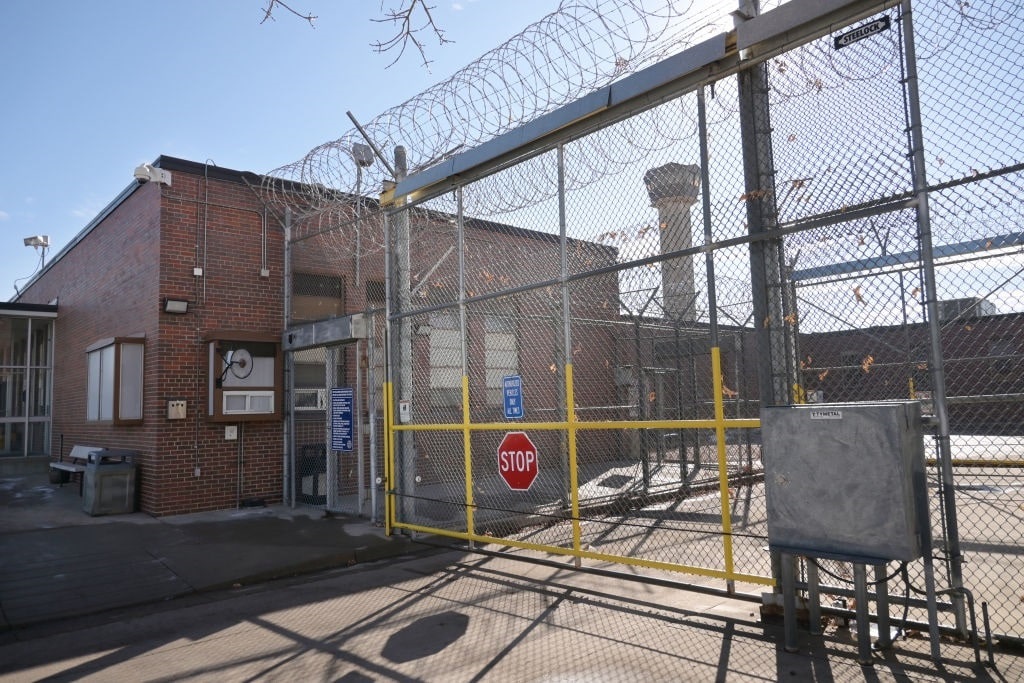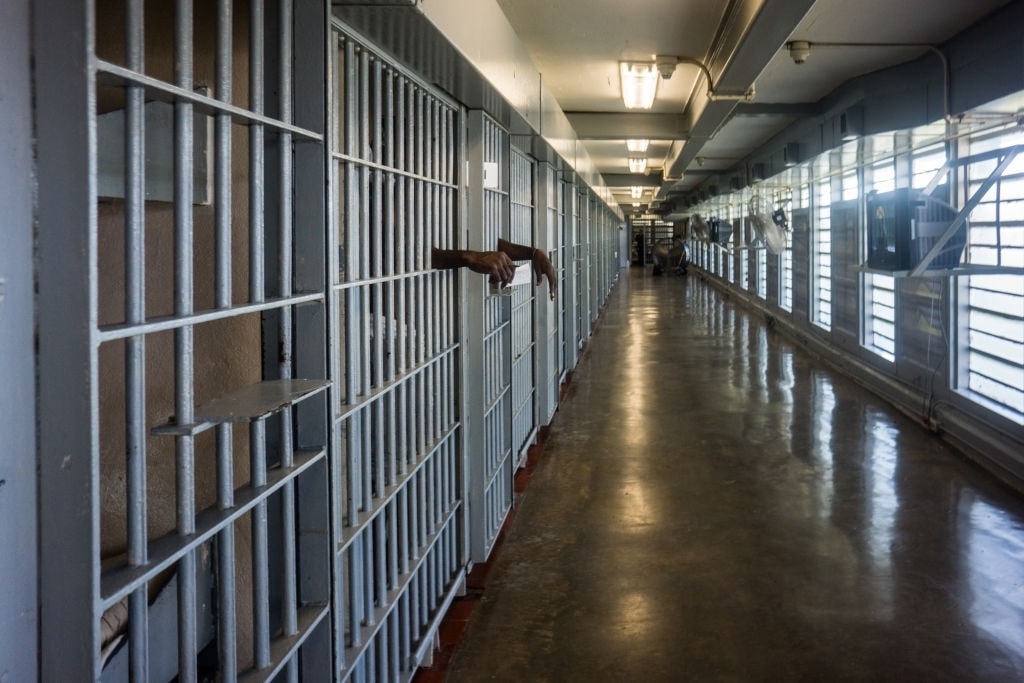The United States Supreme Court on Wednesday, January 24, refused to step in and halt today’s planned execution of convicted murderer Kenneth Eugene Smith in Alabama. This case has received oversized news coverage because of two key issues. First, Mr. Smith was slated for execution back in 2022 by lethal injection; the attempt was aborted after the executioner failed to successfully administer a lethal dose. Second, the state of Alabama intends to use a controversial death penalty method: suffocating a masked individual with a stream of nitrogen gas. Arguments were made to a federal appeals court, with attorneys saying Smith’s constitutional rights had been violated. Human rights observers have weighed in, too, expressing concern. Now that the legal avenues are exhausted, it generates a broader conversation on the efficacy of capital punishment.
Main Death Penalty Arguments
Death penalty proponents assert that it serves as a deterrent for would-be criminals. Additionally, advocates purport that a society should engage in the practice of an eye for an eye. For critics, the chief concern is the risk of executing an innocent person. The other worry is that the tactic might be applied unfairly, meaning that certain demographics could have a higher chance of being killed by the government than others.
But what would be the libertarian and economic perspective of putting a convicted criminal inside the death chamber?
A Libertarian Evaluation

(Photo by Hyoung Chang/The Denver Post)
Since the 1970s, libertarians have been mixed on the issue, ranging from abandoning the practice altogether to severe punishment for the tiniest infraction against one’s private property.
Indeed, the government is the most inefficient and expensive entity, and it makes numerous errors. According to the Death Penalty Information Center, “Since 1973, at least 196 people who had been wrongly convicted and sentenced to death in the U.S. have been exonerated.” Life has infinite value, and the statists possess the power to take it away over anything politicians and bureaucrats deem to be worthy of death. Former President Donald Trump has championed extending the death penalty to drug dealers, a public policy prescription that would inevitably be rife with challenges.
Murray Rothbard, one of the most prominent libertarian economists, endorsed the concept in a 1976 article for the Libertarian Review. Rothbard argued not from a statistics-based vantage point but rather from individual rights and social consequences. He contended that murderers lose a right that they have taken away from another human being: “The right to have one’s life preserved from the violence of another person.”
“The murderer therefore deserves to be killed in return,” he added. “Or, to put it more precisely, the victim — in this case his surrogate, in the form of his heir or the executor of his estate [–] should have the right to kill the murderer in return.”
Scott Cosenza, Liberty Nation’s legal affairs editor and host of The Uprising Podcast, has a different take on the death penalty.
“Humans’ limited capacity for determining truth, along with our propensity for self-dealing, prejudice, and emotion, makes us ill-suited to condemn others to death with any degree of confidence we do so justly. Then why do it?” he said. “Capital punishment is not required for us to have a peaceful society. Electing to support it is electing to support the worst injustice imaginable – putting the innocent to death.”
What about the meat and potatoes of the deterrence angle regarding the death penalty? While Rothbard conceded that it would be impossible to prove that state-sanctioned execution is a deterrence, he posited that “it seems indisputable that some murders would be deterred by the death penalty.” That said, what do the numbers show?
Economics of Execution
What is the cost difference between executing an inmate and keeping him in prison for life without parole? Estimates vary, but the prices for the death penalty range between $1.3 million and $3 million and are broken down by court cases, imprisonment, higher security, and endless appeals. Likewise, for non-capital cases, the figures differ from state to state, but the conclusion is that it is far more expensive to seek the death penalty than to demand a life sentence.
Alex Lundberg of West Virginia University penned in April 2019:
“Attorneys spend more time preparing cases, and many states require the appointment of two defense attorneys to any defendant who cannot afford private counsel. Jury selection is more complicated. The process can take days or even weeks, partly because of the need for ‘death qualified’ jurors, i.e., individuals who neither universally oppose nor support the death penalty. Capital cases also produce more hearings and court filings. Expert witnesses are unavoidable. Mitigation evidence, which argues for leniency in punishment, can require a significant travel budget. For these reasons and more, capital trials are uniquely expensive.”
Many observers will look to economist Isaac Ehrlich’s 1975 paper that says executing one murderer will lead to seven fewer homicides than the culprit might have committed. Since then, various organizations and researchers have dismissed this oft-cited document, lamenting that “because the death penalty is rarely given for crimes other than homicide, its deterrent effect cannot account for a speck of decline in other violent crimes,” according to the authors of the best-selling book Freakonomics. They further explain that the repercussions of murder are “too distant and too unlikely to merit much attention.”
A Stanford Law Review paper from December 2005 posits: “Sampling from the broader universe of plausible approaches suggests not just reasonable doubt about whether there is any deterrent effect of the death penalty, but profound uncertainty — even about its sign.” Jeff Miron, the vice president for research at the Cato Institute, concluded: “On consequentialist grounds, however, the case for capital punishment is weak.”
A Debate Lives On
With the US Supreme Court poised to hear the appeal of another death row inmate this year – Oklahoma’s Richard Glossip – the subject will likely regain public attention. Over the years, opinions have evolved. A November 2023 Gallup survey found that 53% of Americans support the death penalty, the lowest in five decades. This could be because roughly the same percentage believes it is applied unfairly, though there is a political gap as far more Republicans (81%) favor the death penalty for a person convicted of murder than Democrats (32%). Once again, the left and right cannot agree on an issue.




